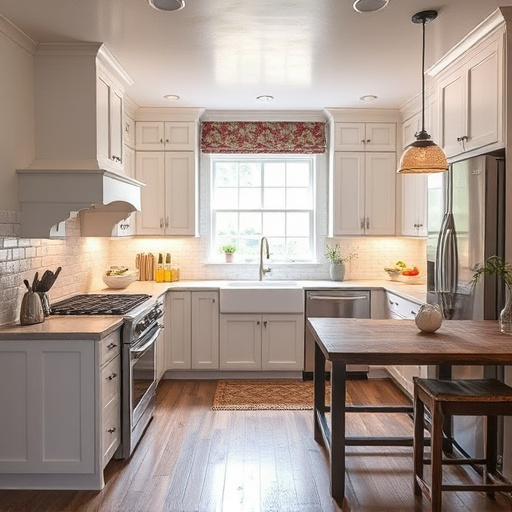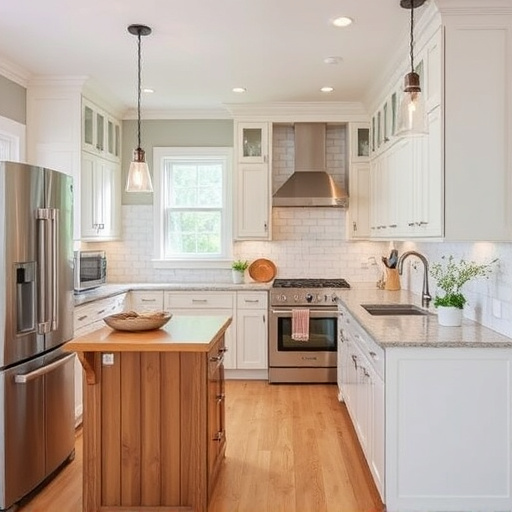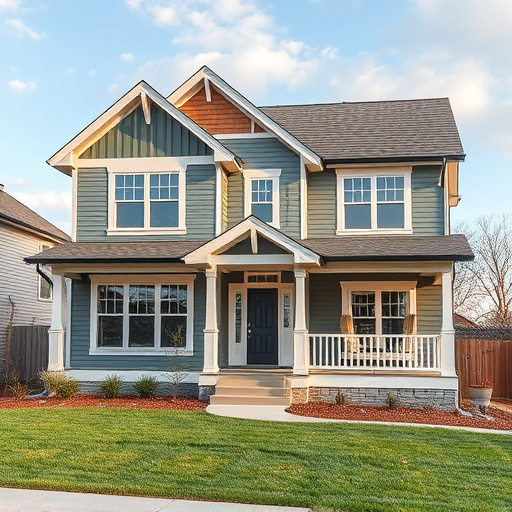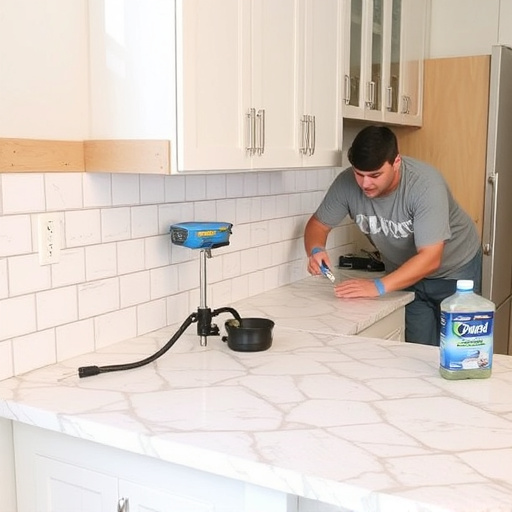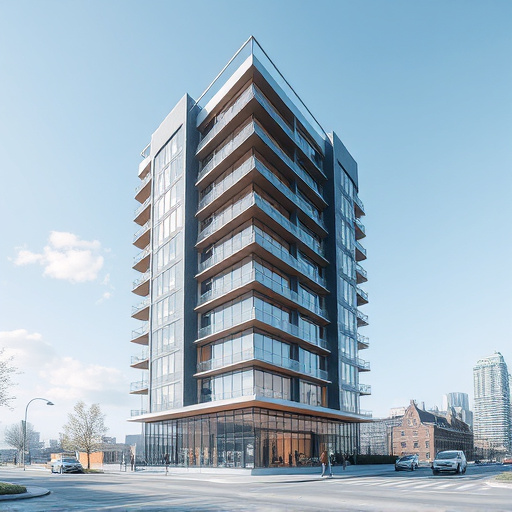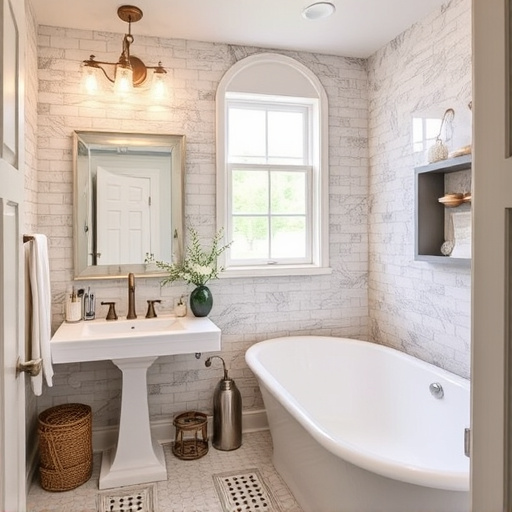Remodeling contractors must adhere to local building codes for safe, legally compliant transformations. They collaborate with professionals to interpret regulations, conduct thorough inspections, and maintain open communication with authorities throughout projects, from kitchens to whole house remodels. Non-compliance can lead to legal repercussions, unsafe conditions, and financial losses for both contractors and homeowners. Engaging responsible remodeling contractors who understand local codes is crucial for successful, safe renovations.
Remodeling your home is an exciting project, but ensuring building code compliance is crucial. This comprehensive guide explores how remodeling contractors navigate the intricacies of building codes, offering a seamless transition during renovation. From understanding local regulations to meticulous verification processes, we delve into the steps these professionals take to adhere to standards. Additionally, we highlight the potential consequences of non-compliance and emphasize the significance of choosing licensed remodeling contractors who prioritize safety and legal adherence.
- Understanding Building Codes: Essentials for Remodeling Contractors
- Verification Processes: How Contractors Ensure Code Compliance
- Consequences of Non-Compliance: Risks and Responsibilities for Contractors
Understanding Building Codes: Essentials for Remodeling Contractors

For remodeling contractors, understanding building codes is paramount to ensuring any home transformations remain safe and legally sound. These sets of regulations are designed to protect both the structural integrity of buildings and the well-being of their occupants. Every jurisdiction has its own set of codes that dictate everything from electrical wiring to plumbing, insulation to fire safety. Ignoring these guidelines can result in penalties, project delays, or even worse—unsafe living conditions.
Therefore, remodeling contractors must stay updated on local building codes before starting any multiple room remodel or customized work. They often collaborate with architects and engineers who can help interpret complex regulations and ensure compliance throughout the renovation process. This attention to detail not only guarantees that projects adhere to legal standards but also provides peace of mind for property owners investing in their home’s value through remodeling efforts.
Verification Processes: How Contractors Ensure Code Compliance

Remodeling contractors employ rigorous verification processes to ensure building code compliance across various project types, including functional spaces like kitchens and baths, as well as whole house remodels. These processes begin with comprehensive research into local building codes and regulations specific to each project’s location. Contractors then meticulously review plans and designs against these standards, identifying any potential discrepancies before construction begins.
During the building phase, contractors implement a series of checks to verify ongoing compliance. This includes regular inspections by in-house experts or third-party professionals, who assess structural integrity, electrical systems, plumbing work, and other critical components against code requirements. Additionally, they maintain open lines of communication with local authorities to address any questions or clarifications regarding the project’s adherence to current building codes, ensuring that every aspect of the remodel meets safety and quality standards.
Consequences of Non-Compliance: Risks and Responsibilities for Contractors

Non-compliance with building codes can have severe consequences for both remodeling contractors and property owners. When a project fails to meet local regulations, it may result in significant legal and financial risks. Contractors can face hefty fines, license revocation, and even criminal charges if found guilty of violating safety standards. These penalties can severely impact a contractor’s reputation and business sustainability.
Moreover, homeowners undertaking home remodeling projects, especially intricate ones like a bathroom remodel, are liable for ensuring compliance. They must choose contractors who understand local building codes and adhere to them strictly. Failure to comply can lead to unsafe living conditions, increased insurance premiums, and potential legal disputes between the homeowner and contractor regarding responsibilities and guarantees.
Remodeling contractors play a vital role in ensuring building code compliance, a crucial aspect of any renovation project. By understanding local regulations and employing rigorous verification processes, these professionals safeguard against potential risks and legal consequences. Through meticulous attention to detail and adherence to established guidelines, they contribute to the creation of safe, up-to-code structures, enhancing the value and longevity of properties they work on. When selecting a remodeling contractor, prioritizing those who prioritize code compliance is essential for a successful and legally sound renovation.


